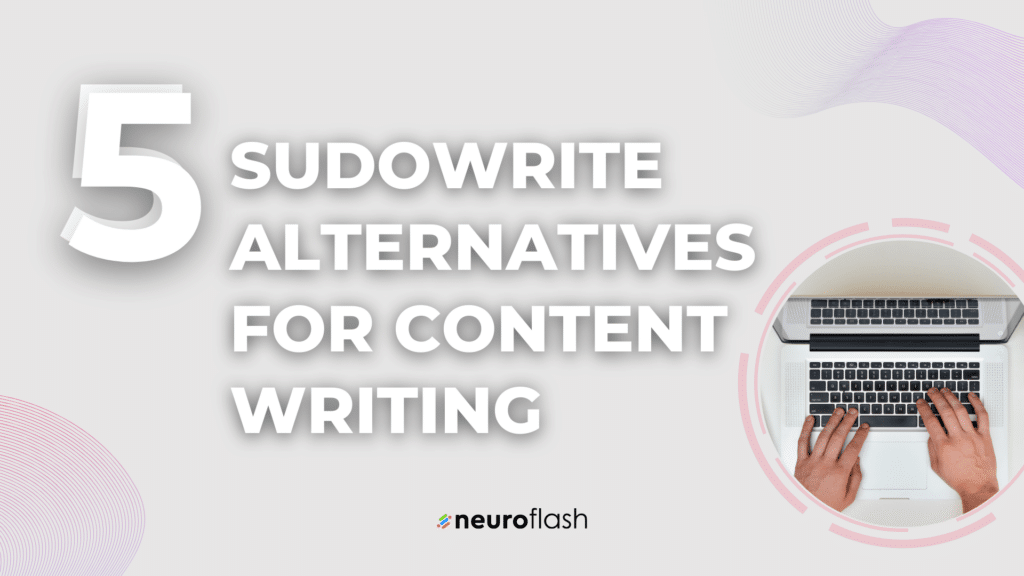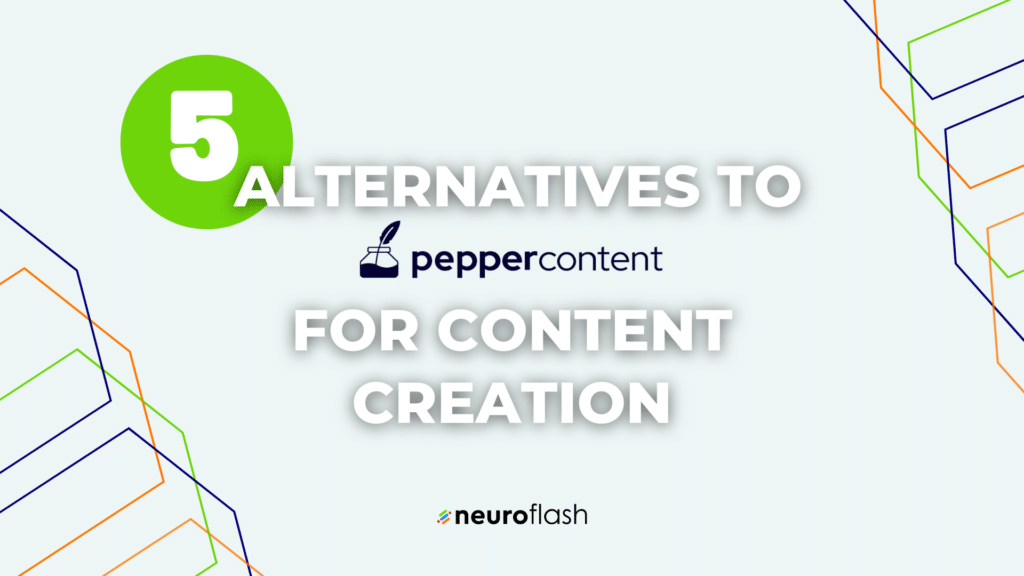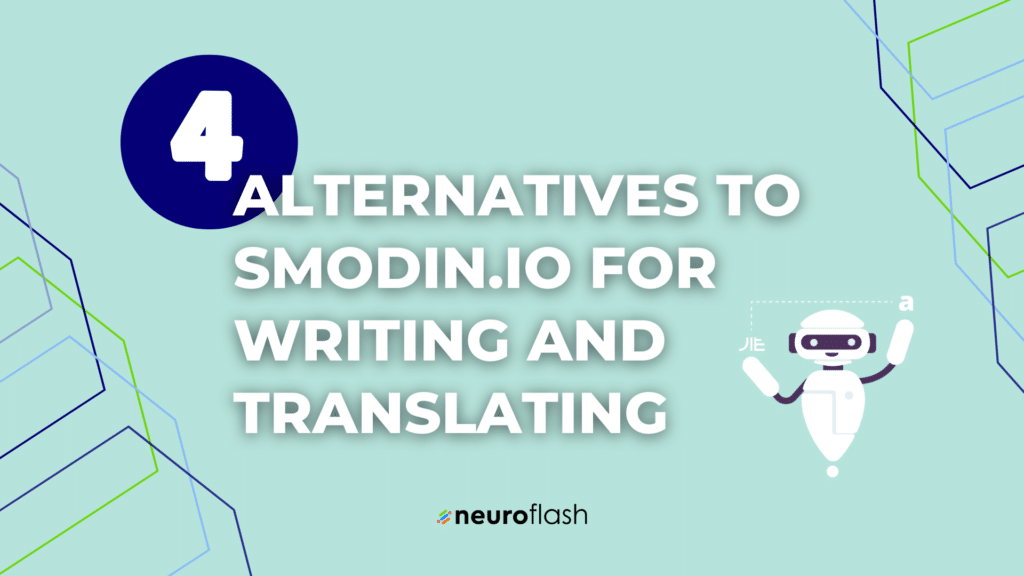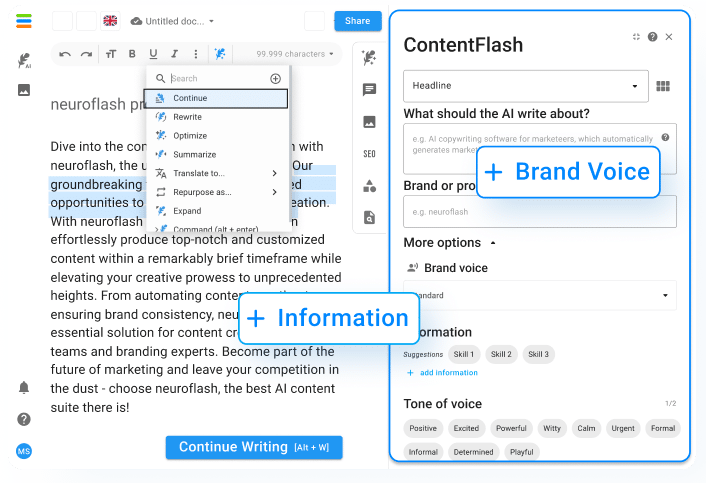Short stories are a wonderful way to exercise your creativity and let your imagination run wild. In this blog post, I share tips for beginners on how to write short stories successfully. So, get to the paper and get started!
What makes a good short story?

If you want to write a short story, you should first think about what makes a good short story. A good short story is usually exciting and entertaining to read. It has a clear plot line and a clear goal. The best short stories are usually those in which the reader sympathizes with the protagonists and suffers or cheers with them. So a good short story is first and foremost entertaining. It should captivate the reader and make them want to read the story to the end.
How do I find an idea for my short story?
If you have no idea where to start, that’s perfectly fine. Even writers sometimes find it hard to write a good short story because they just can’t think of a suitable idea. If you are at this stage, it can be helpful to simply take a walk and observe your surroundings. You might see something that inspires you, or you might run into someone with an interesting story.
Alternatively, you can browse through old photos or search your family history for interesting stories. If none of this helps you, you can also read a book on creative writing or search for writing assignments online. This way, hopefully you’ll soon come across a great idea for your short story!
Another way to find new ideas for your short story is to use so-called AI text generators. Using artificial intelligence, they create their own texts in a short time based on your specifications. An example of such a tool is neuroflash.
To get inspiration for possible short stories with the help of neuroflash, all you have to do is tell the AI what kind of text you want it to write and what topics you want to address. It will give you several suggestions afterwards that you can use:

You can register here for free and collect new inspiration for your short story.
Writing characters in short stories
When writing a short story, it’s important to think about who the main characters should be. The main character is the person around whom your story revolves. However, the other characters should also be clearly defined so that the reader knows who they are and what their relationship is to the main character.
A good tip is to first ask yourself some questions about each character before you start writing. For example:
- Who is the main character?
- What qualities does this person have?
- What is the goal of the main character?
- What other characters play a role and why?
- How will each character change over the course of the story?
If you answer these questions in advance, you’ll have a clear plan for your story and know exactly what to write.
How do I build a short story?
Now that you’ve taken the first steps and know what you want your story to be about, it’s time to plan the individual elements. You can do that in many different ways. Many writers don’t even plan their stories in a big way and let themselves be completely driven by the moment. While this can certainly work, it is not necessarily recommended for beginners, as it is much easier to maintain control over the action if you plan it in advance.
A good way to plan the plot of your short story is to first come up with a brief synopsis. Start with the main conflict, that is, the conflict that drives your story, and try to present it as concisely as possible. Then think about which sections or scenes can best portray this conflict and begin to write out those scenes. This is how your plot gradually emerges.
Of course, you don’t have to meticulously plan everything when writing. Often, during the writing process, a completely different perspective on the story emerges and you discover new ideas that you hadn’t even considered before. However, if you don’t plan enough, you may run out of ideas in the middle and not know what to do next. So find a happy medium and plan enough to have a thread in your plot, but also let the moment guide you occasionally.
What style should I write my short stories in?
If you want to write a short story, it is important to choose the right writing style. Depending on what kind of story you want to tell, the style can be very different. Some stories require a very formal style, others can be much more casual. If you’re unsure about which style to choose, here are some tips:
- If you want to write a humor story, you should choose a casual and entertaining style.
- If you want to write a serious or dramatic short story, you should choose a more formal style.
- If you want to write something for children, you should choose a style that is suitable for children and easy to understand.
In this video, the relevant steps for writing a short story are briefly and concisely summarized once again:
Writing dialogues in short stories
In a short story, dialogue can play an important role in moving the plot forward and bringing the characters to life. If you’ve never written dialogue before, it can be a little tricky to get started. Here are a few tips to get you started:
1. make sure that the dialogs sound natural
Avoid using too many technical terms or abbreviations.
2. make sure that the dialogues correspond to the characters
Each character should have its own style of speech.
3. use dialogue to help readers learn more about the situation and the characters
The dialogues should not only be irrelevant, but also say something about the plot.
4. imagine the conversation as if you were having it with someone.
Think about what you would say and what the other person might say in response. This will help you write natural and lively dialogues.
5. when you start writing, don't try to make everything perfect
Let the dialogue flow and focus on the content. You can always revise and correct mistakes when you’re done.
With practice, you’ll soon be able to write lively and interesting dialogue that will enrich your story.
How can I overcome writer's block
There is no magic formula for overcoming writer’s block. Everyone has their own methods and ways to get back into the writing flow. But there are some general tips that can help you overcome your writer’s block:
Do not put yourself under pressure
If you put pressure on yourself, you will only block yourself more. Take your time and relax.
Stop thinking and start writing
It often helps to just get started and write down the first sentence. After that, it gets easier and easier.
Talk to other people about your writing project
You can also discuss your project with others and get feedback. The new perspectives could possibly help you.
If you get stuck at all, you can also get help from neuroflash. In this case, the magic feather simply and conveniently continues your own story for you, giving you valuable clues as to how it might continue:

So when your next writer’s block hits you, you’ll know how to counter it with the help of neuroflash .
Correction and improvements of your short story
When you write a short story, you should always take time to revise and improve it. Because the better it is, the more readers you will attract. So here are some tips on how to make your short story even better:
1. read your story aloud
We often don’t hear errors in our own spelling, but when we read them aloud, we notice them immediately. In the meantime, it is best to mark the places where you want to change something.
2. let someone else read your story
Often other people see errors in our writing that we don’t see ourselves.
3. revise your story several times
Because the more you revise it, the better it gets.
4. use a good dictionary
You can sometimes find just the right words for your stories in dictionaries.
5. read your story again from beginning to end
You may miss small mistakes the first time, which can be annoying in the long run.
More tips for writing short stories

1. find a place where you can write undisturbed
If you can find a place where you can write undisturbed, you will write faster and better. Find a place where you feel comfortable and where you won’t be distracted. Maybe it’s a quiet place in your home, or maybe it’s a coffee shop or library. The only important thing is that you like it in this place and that you can work undisturbed.
2. create a structure, but also leave room for spontaneity
If you want to write short stories, it’s important to come up with a structure. That way, you have a common thread to shimmy along and know where you’re going. Of course, you should also leave room for spontaneity. Because sometimes it’s the unplanned ideas and inspirations that work best.
3. learn the rules of writing, but also break them again and again
Of course, you should know the basics of writing, but it’s also important to find your own style and break the rules. Because that’s what makes you stand out as a writer. You don’t have to be perfect and you can make mistakes. In fact, mistakes are an essential part of the writing process. If you’re too afraid to make mistakes, you’ll never be able to write anything great. So don’t let your mistakes get you down and find your own writing style.
4. read many short stories to see what other authors are doing
It’s important to read a lot of short stories if you want to write one yourself. This way you can see what other writers are doing and learn to try different techniques. Pay attention to what you like and what you don’t. This will help you develop your own writing style.
5. let your story rest for a few days before you read and edit it again
Nobody is perfect – not even you. And that’s a good thing, because perfectionism is the enemy of any creative streak. Therefore, let your story rest for a few days before you reread and edit it. This distance gives you the necessary distance to look at them with a critical eye and improve them if necessary.
Here you can find even more tips on writing short stories.
Frequently asked questions & answers
What is a short story?
A short story is a story told in a few pages or a few thousand words.
How long is a short story?
A short story is usually between 1000 and 10,000 words long.
What are the elements of a short story?
The elements of a short story are plot, characters, setting, and theme.
That’s it for tips on writing short stories. Now it’s up to you to write your own story. Have fun with it!






















